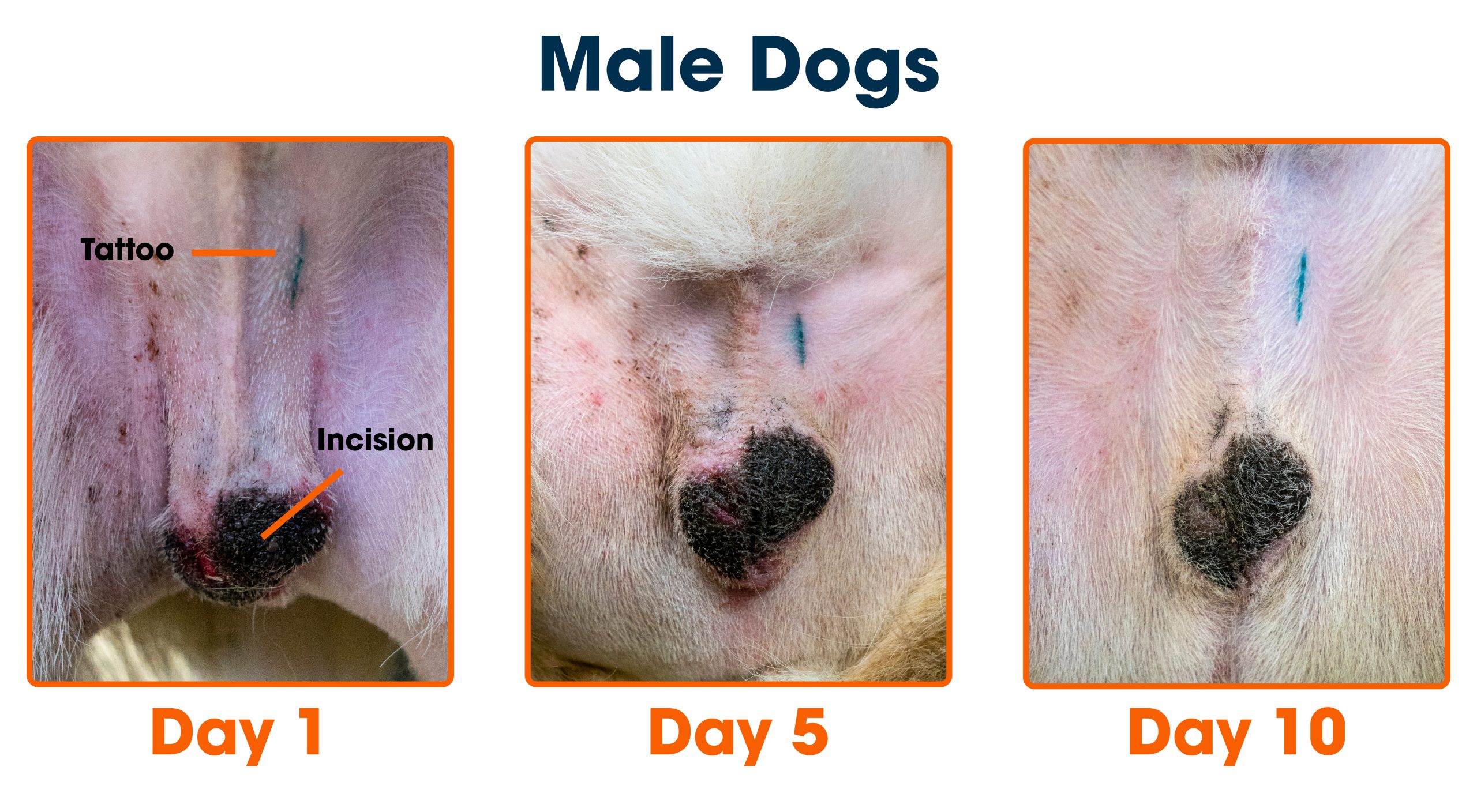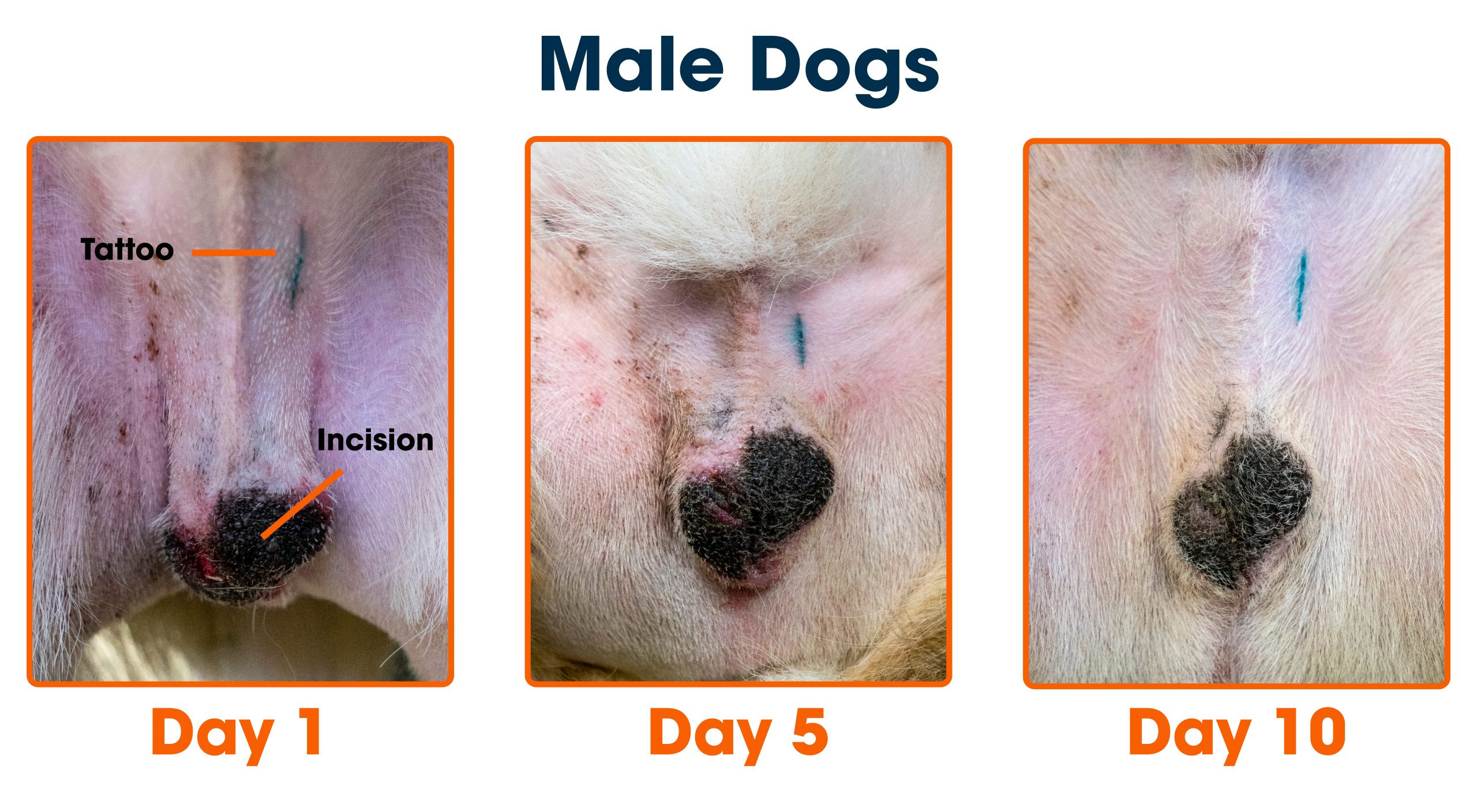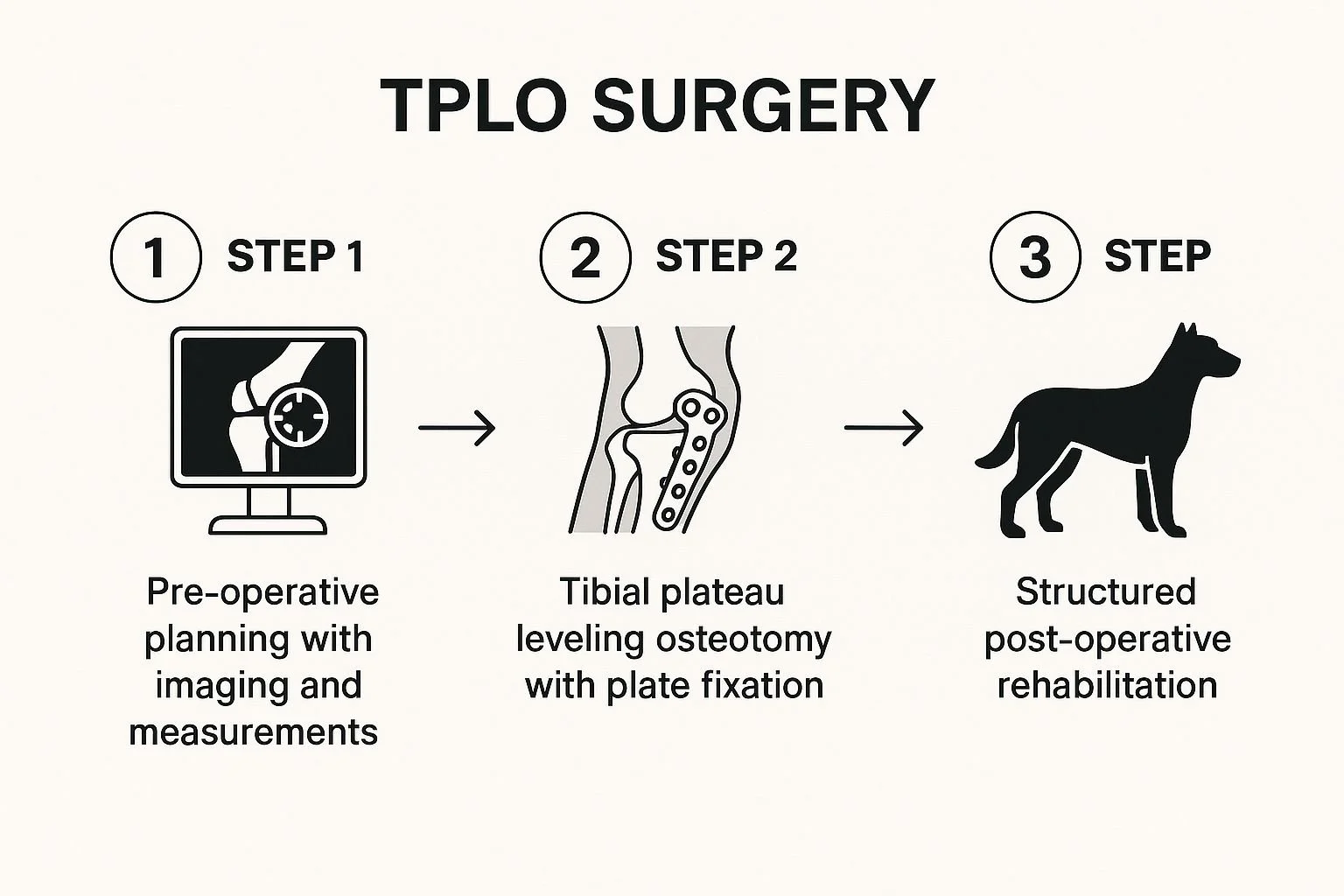Wondering how much vet bills for a dog might cost you? If you have a furry friend or are planning to get one, understanding these expenses is key to keeping your pet healthy without surprises.
You want to give your dog the best care, but the costs can sometimes feel overwhelming. You’ll discover what typical vet bills look like, what factors affect the price, and how you can prepare your budget. Keep reading to make sure your pup gets the care they deserve—without breaking the bank.

Credit: www.facebook.com
Factors Influencing Vet Costs
Vet bills for dogs can vary widely. Several factors influence these costs. Understanding these factors helps pet owners plan their budgets better. Some factors relate to the dog’s characteristics, while others depend on the services provided or the location of the vet clinic.
Breed And Size Of Dog
Breed and size play a big role in vet costs. Larger dogs often need more medication and bigger doses. Certain breeds have higher risks for specific health issues. For example, some breeds need regular checks for hip dysplasia or heart problems. Smaller dogs may have fewer health problems but might require specialized care. Knowing your dog’s breed helps predict potential vet expenses.
Geographical Location
Vet costs vary by location. Urban areas tend to have higher prices than rural areas. Clinics in big cities often charge more for the same services. Local demand and cost of living affect vet fees. Finding a vet in your area helps estimate expected costs. Some regions may offer lower-cost clinics or special programs.
Type Of Services Required
Costs differ based on the type of care your dog needs. Routine visits like vaccinations and check-ups cost less. Emergency care, surgeries, and dental work are more expensive. Some treatments require special equipment or medications. Regular wellness visits help catch problems early and reduce big bills later. Always ask for a cost estimate before treatments.

Credit: www.instagram.com
Routine Check-ups And Vaccinations
Routine check-ups and vaccinations keep your dog healthy. Regular vet visits help catch problems early. Vaccinations protect your dog from serious diseases. These visits are important for all dogs, young and old. Knowing the costs helps you plan your budget better.
Annual Health Exams
Annual health exams are basic but vital. The vet checks your dog’s weight, teeth, ears, and skin. They listen to the heart and lungs. These exams spot health issues early. Exams usually cost between $50 and $100. Prices depend on location and vet clinic. Some clinics offer wellness packages for savings.
Essential Vaccinations
Vaccinations shield dogs from dangerous illnesses. Core vaccines include rabies, distemper, and parvovirus. Puppies need more shots in their first months. Adult dogs get boosters every one to three years. Vaccination costs range from $15 to $50 each. Some vets bundle vaccines to lower costs. Keep vaccination records updated for your dog’s safety.
Common Health Issues And Treatments
Understanding common health issues in dogs can help you prepare for vet bills and ensure your pet receives timely care. Some conditions require ongoing treatment, while others might need urgent attention. Knowing what to expect with typical problems helps you manage costs and keep your dog healthy.
Skin Allergies
Skin allergies are one of the most frequent reasons dogs visit the vet. Symptoms like itching, redness, and hair loss can make your dog uncomfortable and lead to infections if untreated.
Treatment often includes prescription shampoos, antihistamines, or special diets. Vet bills for skin allergies can vary widely—from $50 for a basic consultation and medication to over $300 if allergy testing is needed.
Have you noticed your dog scratching more than usual? Early vet visits can prevent these issues from becoming costly emergencies.
Dental Care
Dental problems are common but often overlooked in dogs. Poor dental health can cause pain, infections, and even affect your dog’s heart and kidneys.
Regular cleanings at the vet can cost between $200 and $500 depending on the dog’s size and condition. Treatments might include scaling, extractions, or antibiotics.
Ignoring dental care can lead to higher bills later—would you rather invest in regular cleanings or face surgery down the line?
Emergency Vet Visits
Emergency vet visits can be stressful and costly. They happen without warning and require immediate care. These visits cover serious situations that need quick action to save your dog’s life or ease pain.
Accidents And Injuries
Accidents often cause emergency vet visits. Dogs can get hit by cars, fall, or chew harmful objects. Injuries may include broken bones, cuts, or internal damage. Treatment costs depend on injury severity.
- Minor cuts: $100 to $300
- Broken bones: $500 to $2,000
- Major surgery: $1,000 to $5,000
Emergency care often includes X-rays, surgery, and pain relief. Quick treatment improves recovery chances.
Sudden Illnesses
Sudden illnesses also require emergency vet visits. Dogs can suffer from poisoning, seizures, or severe infections. These conditions need fast diagnosis and treatment.
- Poisoning treatment: $500 to $1,500
- Seizure care: $300 to $1,000
- Infection treatment: $200 to $1,200
Emergency vets use tests like blood work and ultrasounds. Immediate care can prevent worse problems or death.
Surgical Procedures
Surgical procedures for dogs often cause concern due to their cost. These surgeries range from routine to complex. Each procedure has different pricing based on the dog’s size, health, and location. Understanding typical costs helps pet owners plan better.
Spaying And Neutering
Spaying and neutering are common surgeries to prevent unwanted litters. These procedures also help reduce health risks and behavioral issues. Costs vary by clinic and region but usually fall between $150 and $300.
Smaller dogs typically cost less than larger breeds. Some clinics offer low-cost or subsidized services. The price often covers anesthesia, surgery, and post-op care.
Complex Surgeries
Complex surgeries include procedures like tumor removal, bone repair, or organ surgery. These require specialized skills and equipment. Costs can start at $1,000 and go up depending on the procedure’s difficulty.
Additional costs may include diagnostics, anesthesia monitoring, and extended hospital stays. Recovery time also affects total expenses due to follow-up visits and medications.
Medications And Prescriptions
Medications and prescriptions often make up a big part of a dog’s vet bill. These costs depend on the type of medicine and the length of treatment. Some medications help prevent illnesses, while others manage ongoing health problems. Understanding these costs helps dog owners plan their budgets better.
Flea And Tick Prevention
Flea and tick prevention is essential for every dog. These parasites can cause serious health issues. Vets usually recommend monthly treatments that come in pills, collars, or topical liquids. Prices vary based on the brand and size of your dog. Regular use of these preventives can avoid costly treatments for infestations later.
- Monthly flea and tick pills: $10 to $20 per dose
- Topical treatments: $15 to $30 each application
- Flea collars: $20 to $50, lasting several months
Chronic Disease Management
Chronic diseases like arthritis, diabetes, or heart issues need ongoing medication. These prescriptions can add up quickly. Your vet might adjust doses over time, affecting the price. Some medicines require regular blood tests to monitor your dog’s health, adding to the overall cost.
- Daily medications: $30 to $100 per month
- Routine lab tests: $50 to $150 per visit
- Special supplements: $20 to $60 monthly
Cost-saving Tips
Vet bills for dogs can add up quickly. Knowing ways to save money helps keep your pet healthy and your budget intact. Small steps can prevent big costs later.
Pet Insurance
Pet insurance helps cover unexpected vet expenses. Paying a monthly fee can reduce large bills from accidents or illnesses. Plans vary, so choose one that fits your dog’s needs. Check what treatments and conditions are covered before buying. Some policies include wellness visits and vaccinations too.
Preventive Care
Regular check-ups catch health problems early. Vaccinations, flea control, and dental care protect your dog from costly diseases. Feed your dog healthy food and provide exercise. Preventive care lowers chances of expensive treatments. Keep a schedule for vaccinations and vet visits. This simple routine saves money and keeps your dog happy.

Credit: m.facebook.com
Long-term Financial Planning
Planning for your dog’s long-term veterinary expenses is essential to avoid unexpected financial stress. Vet bills can vary greatly depending on your dog’s health, age, and breed. Taking control of your finances now can ensure your pet receives the best care without breaking your budget.
Budgeting For Pet Care
Start by estimating your dog’s typical annual vet costs, including routine check-ups, vaccinations, and preventive medications. Don’t forget to add grooming, dental care, and flea or tick treatments. These smaller expenses add up and impact your monthly budget more than you might expect.
Track your spending for a few months to see where your money goes. Are you prepared for yearly vaccines or occasional medications? Adjust your budget accordingly to fit these predictable costs. This way, you won’t be caught off guard when vet visits come around.
Setting Up An Emergency Fund
Emergencies happen, and vet bills can skyrocket when they do. Setting aside a dedicated emergency fund for your dog’s health can save you from stressful decisions. Aim to save at least $1,000 to $2,000, depending on your dog’s size and potential health risks.
Consider opening a separate savings account just for pet emergencies. Even small monthly contributions add up over time. What if your dog suddenly needs surgery or unexpected medication? Having this fund means you won’t have to scramble for money or put your dog’s health on hold.
Frequently Asked Questions
How Much Do Routine Vet Visits For Dogs Cost?
Routine vet visits typically cost between $50 and $200. This includes vaccinations, check-ups, and basic health screenings. Prices vary by location and clinic. Regular visits help prevent costly health issues later.
What Affects The Cost Of Dog Vet Bills?
Vet bill costs depend on the dog’s size, age, and health needs. Emergency care, surgeries, and specialized treatments increase expenses. Geographic location and clinic reputation also impact pricing.
Are Dog Vaccinations Expensive At The Vet?
Vaccinations usually cost between $20 and $50 per shot. Core vaccines include rabies, distemper, and parvovirus. Some clinics offer package deals to lower overall vaccination costs.
How Much Can Emergency Vet Care For Dogs Cost?
Emergency vet care can range from $500 to over $5,000. Costs depend on the severity of the condition and required treatments. Having pet insurance can help manage unexpected expenses.
Conclusion
Vet bills for dogs vary depending on care needed. Regular check-ups cost less than emergencies. Keep a budget for unexpected visits. Preventive care helps avoid bigger expenses later. Talk openly with your vet about costs. Understanding these costs helps you plan better.
Your dog’s health is worth the investment. Stay prepared to give your pet the best care.







